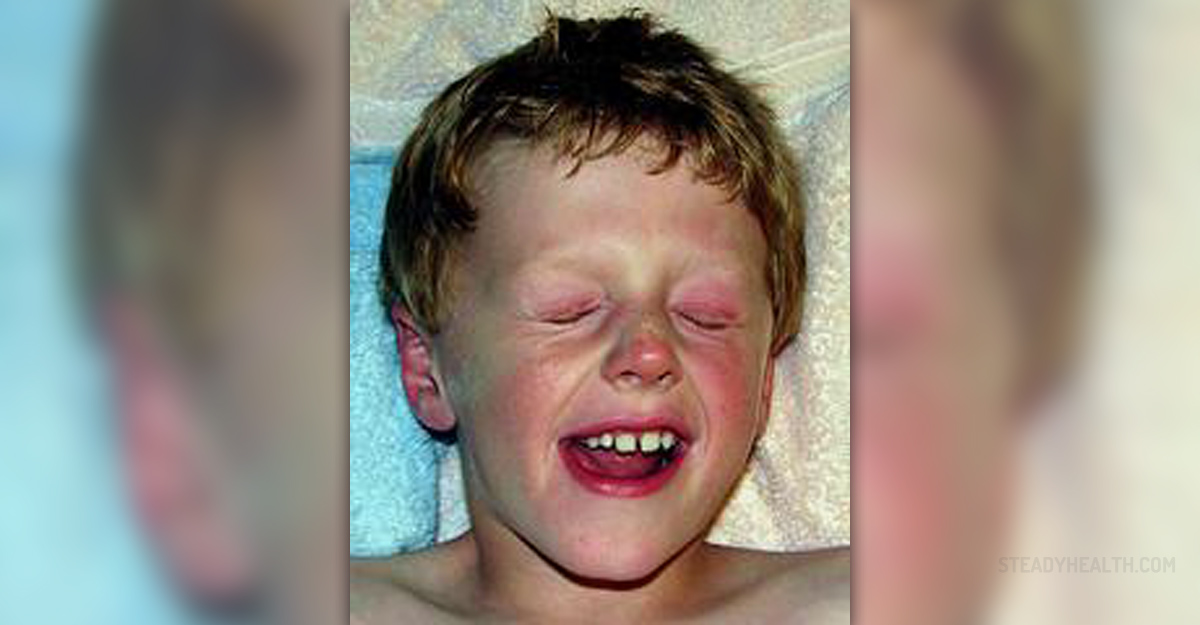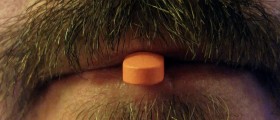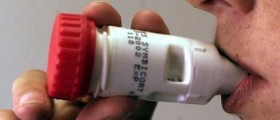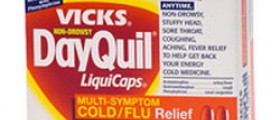
Benadryl is a medication containing a combination of two substances, Diphenhydramine and pseudoephedrine and is used in the treatment of various symptoms of allergies and common cold. Diphenhydramine is an antihistamine drug, positively affecting watery eyes, runny nose, sneezing and itching which frequently accompany allergic reactions. The other substance present in Benadryl – pseudoephedrine affects blood vessels in the nose, shrinking them and leading to relief from nasal congestion.
So, this combination of drugs is able to help people suffering from itching, skin rash, hives, cough, sneezing, runny or stuffy nose or some other symptoms related to common cold or allergies.
How to Use Benadryl?
This drug should be used as your doctor prescribed or according to instructions on the label of the drug. Benadryl should be used in recommended amounts and you should not take more or less of this medication. Also, remember to take exactly as it was prescribed and no longer than recommended.
Benadryl in liquid form should be measured with proper, special dose measuring spoon or cup, not with your regular table spoon.
If your symptoms do not clear after one week of treatment with this drug, consult your doctor and ask for advice what to do next. Always inform your doctor you are using this drug prior to any surgical intervention or skin allergy test.
Who Should be Careful with Benadryl?
A combination of Diphenhydramine and pseudoephedrine might not be safe for patients suffering from diabetes, hypertension, heart disease, glaucoma, kidney disease, urination problems or enlarged prostate. Patients with thyroid disorders should also be very careful with this drug. People suffering from phenylketonuria (PKU) should not use Benadryl liquid if it is sweetened with phenylalanine.
All mentioned patients should consult their doctor and pharmacist and discover if Benadryl is safe for them.
Benadryl Caution Measures
Benadryl should not be combined with MAO (monoamine oxidase) inhibitors, since there might be some serious drug interactions and severe health consequences. Therefore, patients who have been using furazolidone, isocarboxazid, phenelzine, rasagiline, selegiline or tranylcypromine in last 2 weeks should avoid using Benadryl.
Benadryl should not be given to kids under 4 years of age, due to the possibility of serious medical problems and lethal consequences. Always make sure to check with your doctor first and then start the treatment with Benadryl.
So far, it is not known if Benadryl can affect an unborn child and cause any harm. If you plan to become pregnant or you are already pregnant, inform your doctor prior to Benadryl treatment. Breastfeeding mother should always consult her doctor about possible effects of the drug to her nursing child, since Benadryl is proven to pass into breast milk.





-Help-Treat-Your-Cold-Or-Flu_f_280x120.jpg)











Your thoughts on this
Loading...